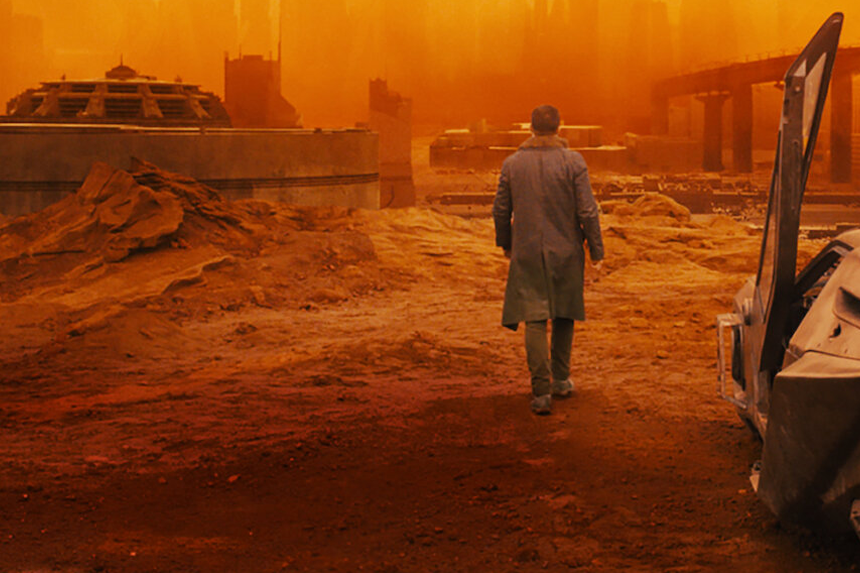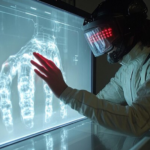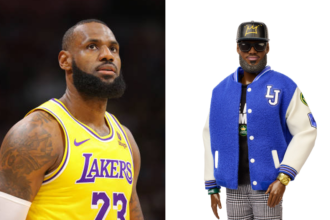Production company alleges misuse of film’s content at Tesla’s Robotaxi event despite denial of permission.
- Did Tesla Use Unauthorized Imagery at Its Robotaxi Launch?
- Are There Allegations of False Endorsement and Harmful Association?
- How Does This Connect to Blade Runner 2049 and the Blade Runner Universe?
- Are I, Robot Director, Also Criticizing Musk Over Design Usage?
- Will This Legal Battle Add to Tesla's Growing Controversy?
Alcon Entertainment, the production company behind the 2017 film Blade Runner 2049, has filed a lawsuit against Tesla, its CEO Elon Musk, and Warner Bros Discovery. The lawsuit claims that the defendants unlawfully used imagery from the film during the launch event for Tesla’s highly anticipated robotaxi, held on October 10, 2024. Alcon asserts that the imagery was generated using artificial intelligence (AI) despite a direct refusal to grant permission.
Did Tesla Use Unauthorized Imagery at Its Robotaxi Launch?
According to Alcon Entertainment, Warner Bros. requested permission to use material from Blade Runner 2049 at the Tesla event, which was held at one of Warner Bros’ movie studios. Alcon denied the request. However, the production company alleges that despite this rejection, Tesla and its event organizers created AI-generated promotional material based on the film. Alcon claims this act constitutes a breach of intellectual property rights and has resulted in significant financial harm.
The Tragic Death of Kim Sae-ron: Will South Korea’s Entertainment Industry Change?
“The financial magnitude of the misappropriation here was substantial,” the lawsuit stated, emphasizing the seriousness of the alleged infringement.
Tesla and Warner Bros Discovery have not yet responded to requests for comment regarding the lawsuit.
Are There Allegations of False Endorsement and Harmful Association?
In addition to copyright infringement, Alcon has accused the event organizers of “false endorsement.” The company claims the imagery used at the event falsely implied a collaboration or endorsement between Alcon and Tesla, which the production company insists was not the case.
Alcon’s lawsuit also raises concerns about Musk’s reputation risk, citing the controversial nature of the Tesla CEO‘s public behavior. The lawsuit highlights how Musk’s highly political and often provocative conduct could damage brands associated with him.
“Any prudent brand considering any Tesla partnership has to take Musk’s massively amplified, highly politicized, capricious, and arbitrary behavior, which sometimes veers into hate speech, into account,” Alcon’s filing stated.
How Does This Connect to Blade Runner 2049 and the Blade Runner Universe?
Warner Bros, a co-defendant in the lawsuit, distributed Blade Runner 2049 when released in 2017. The film, a sequel to Ridley Scott’s 1982 cult classic Blade Runner, starred Ryan Gosling, Harrison Ford, Ana de Armas, and Jared Leto. It was praised for its stunning visual effects and won two Academy Awards. The futuristic, dystopian aesthetic of the Blade Runner universe, known for exploring AI and robotics, has often been a reference for tech innovations.
Elon Musk himself has cited the original Blade Runner film as a source of inspiration for Tesla’s product designs, particularly the futuristic Cybertruck. However, Alcon’s lawsuit suggests that any connection between Tesla and the Blade Runner franchise at the Robotaxi event was neither legitimate nor authorized.
Alcon is currently working on a new addition to the franchise, the television series Blade Runner 2099, which further deepens its interest in protecting the series’ intellectual property.
Are I, Robot Director, Also Criticizing Musk Over Design Usage?
This isn’t the only recent accusation of creative appropriation facing Musk and Tesla. Alex Proyas, director of the 2004 sci-fi film I, Robot, has also claimed that Tesla has copied his designs for humanoid robots and autonomous vehicles. His comments came after Tesla titled its robotaxi event “We, Robot,” a play on the title of Isaac Asimov’s short story collection I, Robot, which inspired Proyas’ film.
In a post on X (formerly Twitter), which garnered more than eight million views, Proyas addressed Musk directly, stating, “Hey Elon, can I have my designs back, please?”
However, Proyas’ claims have been met with some skepticism online. Users point out that his film drew heavily on existing sci-fi tropes and may not have been as original as he suggests.
Will This Legal Battle Add to Tesla's Growing Controversy?
The lawsuit from Alcon Entertainment adds to a growing list of legal and public relations challenges for Elon Musk and Tesla. The automaker’s foray into AI-driven robotics and autonomous vehicles has increasingly drawn scrutiny, both for the ethical implications of AI and for potential violations of intellectual property laws.
As this legal case unfolds, the entertainment and tech industries will closely watch it. The outcome could set a precedent for how AI-generated content that references or mimics existing intellectual property is treated under copyright law, particularly in high-profile commercial settings.







